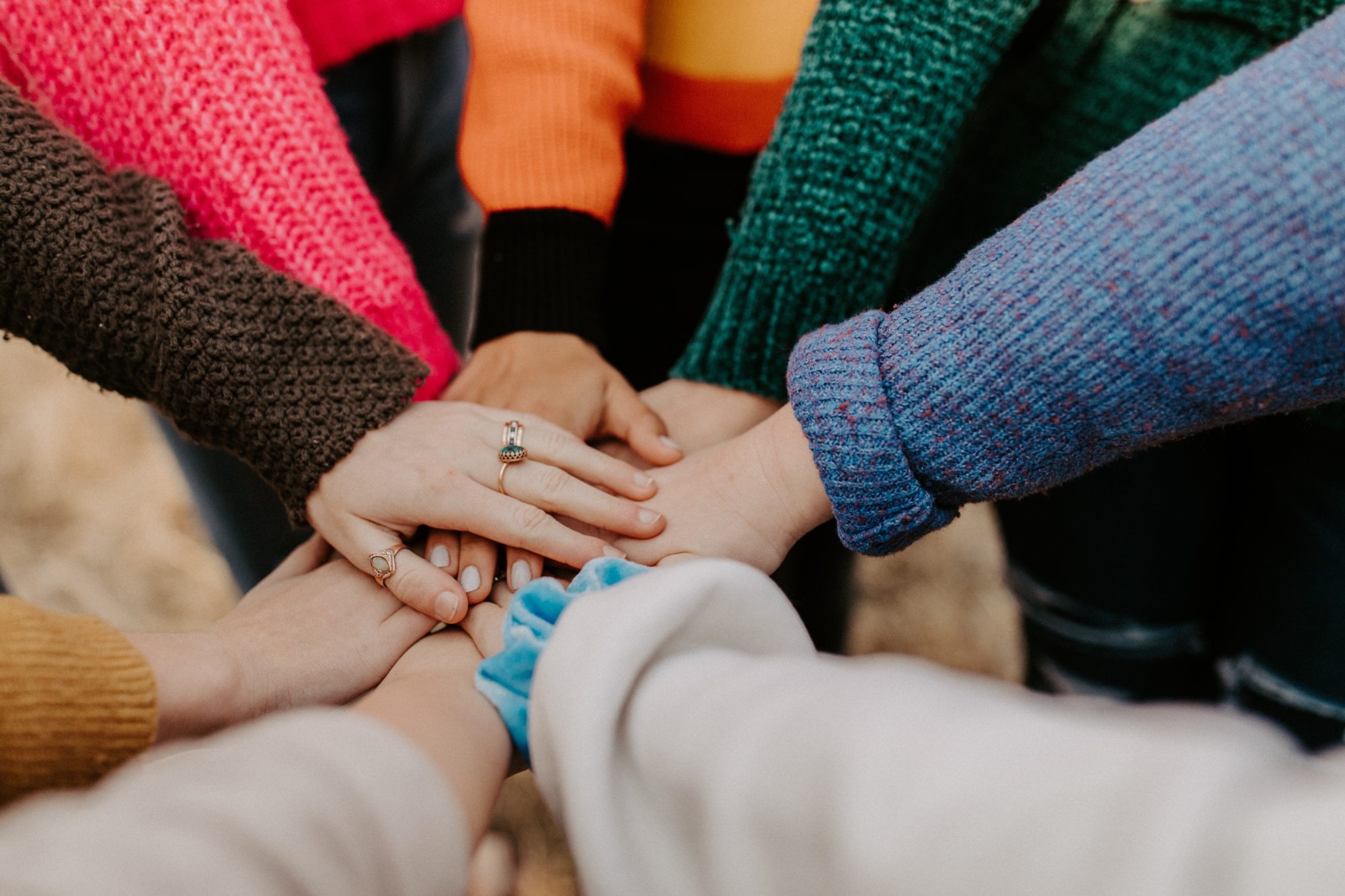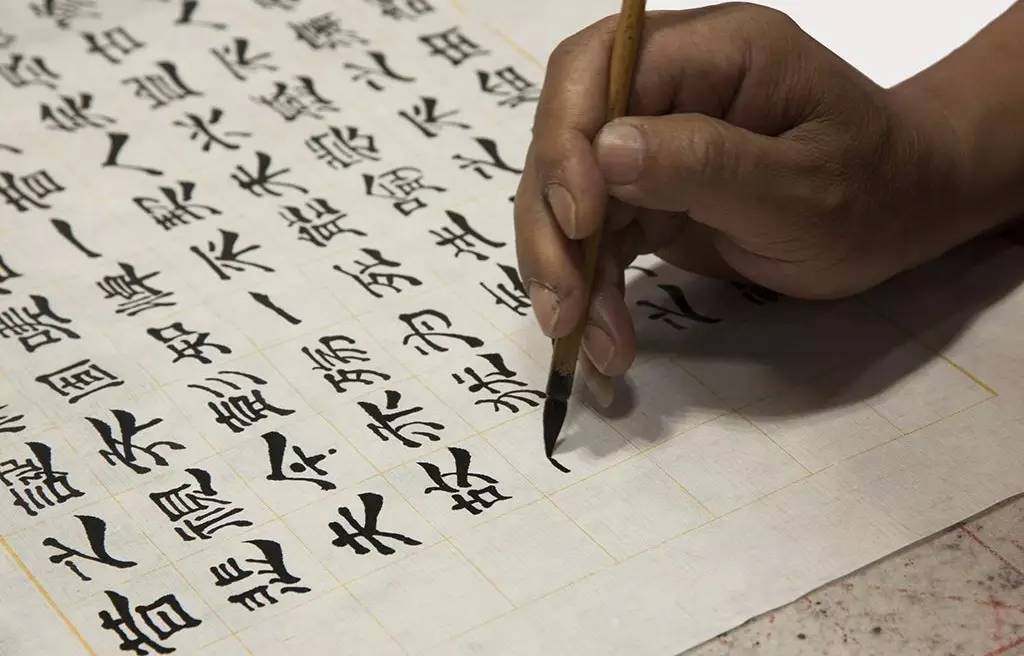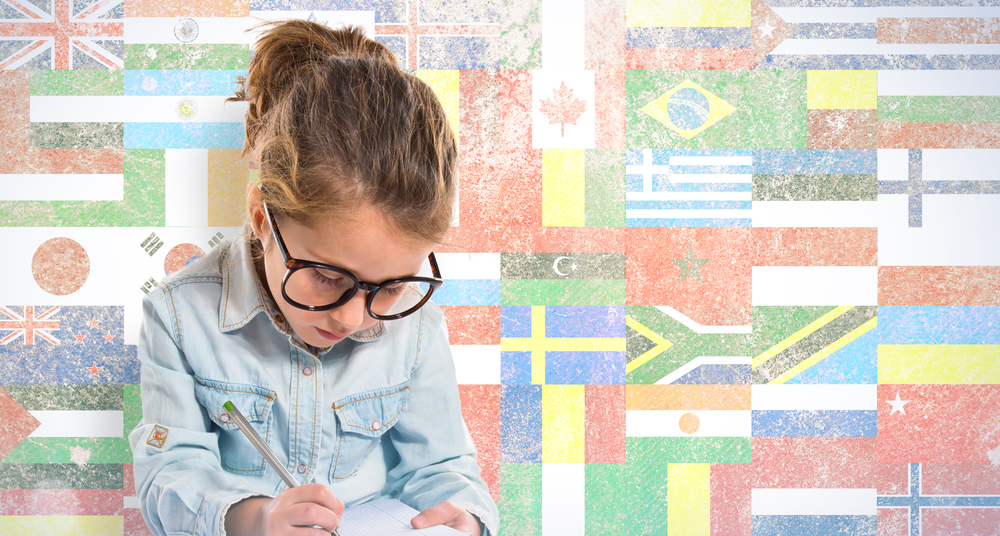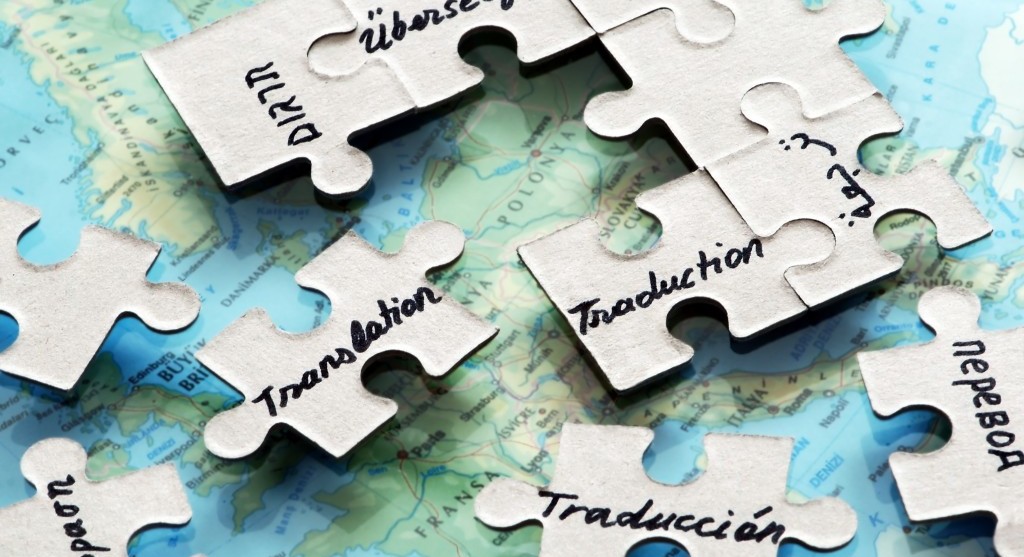Based on the few months I’ve been working with you, I can only say that you are one of the best clients I’ve ever had. I prefer long-term cooperations and BigTranslation offered me that very thing. It really is a pleasure to be a part of a professional team where you always get your questions answered and, at the same time, have the freedom to organize and decide the amount of work you accept – this is definitely something that makes BigTranslation stand out from other companies.
In what capacity do you work with BigTranslation and what was it that made you choose the company? In your opinion, what makes it stand out from other companies?
Based on the few months I’ve been working with you, I can only say that you are one of the best clients I’ve ever had. I prefer long-term cooperations and BigTranslation offered me that very thing. It really is a pleasure to be a part of a professional team where you always get your questions answered and, at the same time, have the freedom to organize and decide the amount of work you accept – this is definitely something that makes BigTranslation stand out from other companies.
 What essential qualities or skills should a translator possess? What’s your ‘motto’ on translation, if you like?
What essential qualities or skills should a translator possess? What’s your ‘motto’ on translation, if you like?
In my opinion, working as a freelance translator is not as easy as it may seem. The knowledge of source and target language is essential. Translation goes way beyond being able to speak both the languages you’re working on. One needs to be able to flawlessly transfer both syntax and semantics from one language to another and make the final “product” as natural as the source it came from.
The process of translating itself aside, you need to organize your time, especially if you are working for many clients at the same time. You need to plan, communicate to clients, look for new ones and only then you do the translation work. Many people tell me that I’m having super easy time, a great job where I can work whenever I want to without realizing that I, myself, do the same amount of work which is distributed to 3-4 people in the companies they work in. My motto is: „Think, translate, fascinate“. The greatest pleasure I can have is my clients’. ☺
Imagine a world without translators. What would it be like?
I’ve recently read an interesting story. A professor from the USA was giving some lectures in Japan and started one of them with a joke that lasted a few minutes. After he told the joke in English, he waited for the translator to do his job. The translator only talked for a few seconds and the audience burst into laughter.
After the lecture, the professor asked the translator how she managed to convey all the humour from his joke in only a few seconds. She shrugged and said: “I told them our American guest had just told a funny joke and that all should laugh.”
Most things that we use and buy daily go through the process of language adapting first which is obviously done by translators. Imagine you need to cook for some very special guests and go to a supermarket to buy spices, among other things. How spicy would your lunch be if you didn’t know which spices you used? That’s just a small example how important translation is.
In the bigger picture, translators are the ones connecting the world. Be it culture, finance, politics, education or any other crucial aspect of human existence and growth – none of it would be possible without translation.











